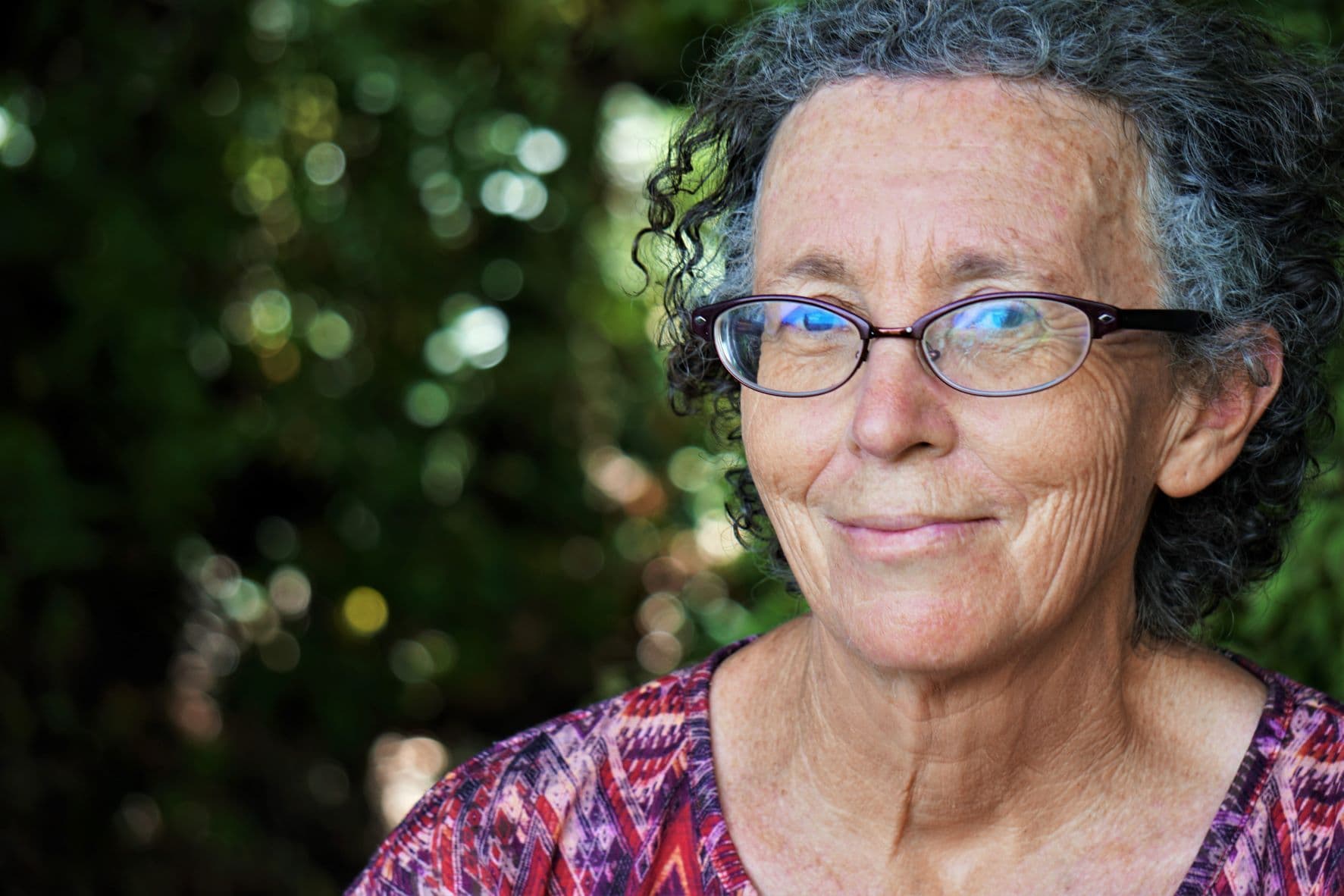Join experts Dr Fatima Kahn and Jacqui Perry as they define menopause and perimenopause and discuss management strategies for women currently experiencing menopause.
How to listen to the podcast
You can listen to our podcast using your preferred podcast platform, or directly on this page using the embedded player below.
Listen on Apple Podcasts or Spotify
For the best listening experience and full accessibility support, we recommend using one of the platforms below:
Apple Podcastsopens in new tabopens in new tab – Available on iPhone, iPad, Mac, and the web, with built-in accessibility features.
Spotifyopens in new tab – Available across devices with robust accessibility and playback controls.
Listen on this page
You can also listen to the podcast using the embedded player below. This option lets you stream episodes directly from our website without leaving the page.
Please note that some accessibility features may be limited when using the embedded player.
Presenters
Dr Fatima Khan is a menopause specialist at the Agora Centreopens in new tab, Epworth Hospitalopens in new tab. In addition to extensive training in medicine, Fatima has an Advanced Menopause Certificationopens in new tab accredited from the British Menopausal Societyopens in new tab and Faculty of Sexual and Reproductive and Healthcare of the Royal College of Obstetricians and Gynaecologistsopens in new tab. Fatima is a member of the International Menopause Societyopens in new tab and the Australian Menopause Societyopens in new tab.
Jacqui Perry is a physiotherapist in Melbourne.
Published July 2021
Listen on Appleopens in new tab or



